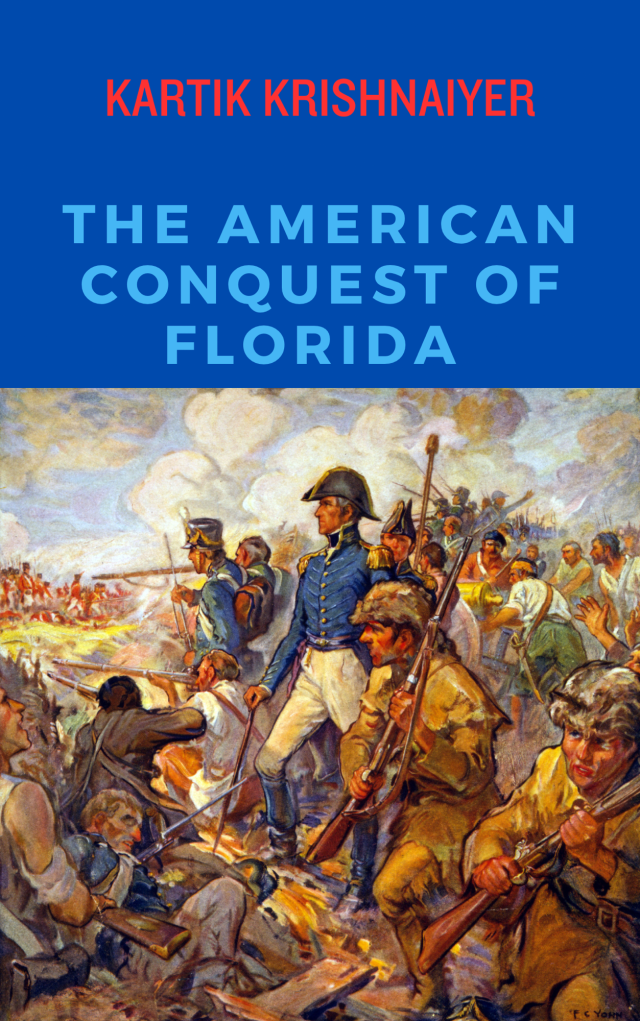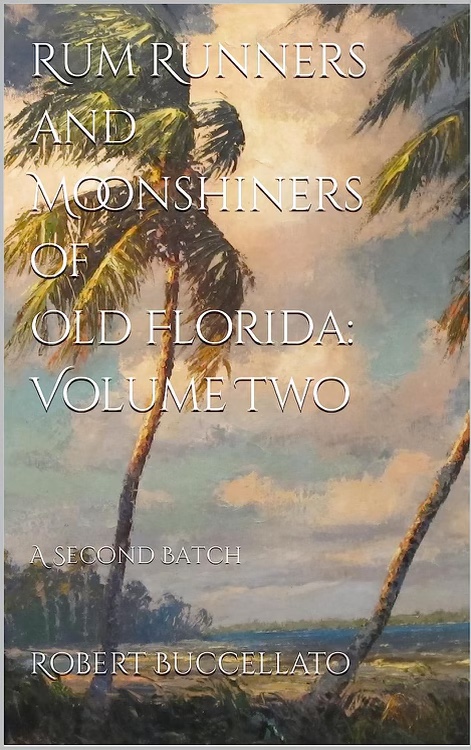A number of issues have recently come to a head between the U.S. and Saudi Arabia. The most important is the Saudi Arabian connection to terrorism. This question is being decided in the federal courts, the U.S. Congress and between both countries.
60 Minutes recently produced a story on the “28 Pages” of the Congressional 9/11 report that involve Saudi Arabia. These pages have been classified since they were created.
Leading the fight to declassify these pages is former Florida Governor and U.S. Senator Bob Graham. He is joined by former Republican Congressman from Naples, Porter Goss. Goss also served as the Director of the CIA between 2004 and 2006 and he, along with Senator Graham, co-chaired the Congressional 9/11 committee.
Federal Courts
A number of the surviving family members have sued the parties responsible for the 9/11 attacks and want to include the Saudi government as defendants. So far a judge has rejected this attempt because the family members could not prove a definitive link between 2001 attacks and the Saudi government. Senator Graham has stated that if the 28 pages were released, the family members could proceed with their suit and include the Saudis as defendants.
Congress
The “Justice Against Sponsors of Terrorism Act (JASTA)” has been introduced in Congress to make it easier to include the Saudis in the lawsuit. President Obama and U.S. House Speaker, Paul Ryan, have expressed their opposition and its passage is doubtful.
Internationally
Nonetheless, the Saudis have warned they may sell billions of U.S. Treasury bonds if the measure passes.
This would represent a historic breakdown in U.S.-Saudi relations. In 1971 President Nixon took the U.S. off the international gold system. The U.S. experienced significant bout of inflation as the value of the dollar declined, especially after the 1973 OPEC oil embargo.
In 1974 the U.S. made a deal with the Saudi Arabia to restore faith in the value of the dollar. The U.S. would provide military security for the country and the Saudis would only accept U.S. dollars (called “petrodollars”) from any country that bought their oil. Other OPEC countries followed Saudi Arabia’s lead in accepting only petrodollars for oil, which restored the value of the U.S. dollar.
The Saudis also agreed to act as swing oil producers that would increase output when other countries reduced theirs and reduce production when the oil markets were flooded.
In addition, the Saudis used the petrodollars to buy billions in U.S. Treasury bonds. The interest from those bonds paid for upgrading and modernizing Saudi Arabia and the work was performed by U.S. companies. This agreement, which created the Joint Commission for Economic Cooperation (JECOR), expired after its 25-year life in 1999.
At present the Saudis still own the bonds from this program and collect the interest, but they are physically held in the U.S. Saudi Arabian foreign minister, Adel al-Jubeir, has warned that the country may be forced to sell $750 billion worth of U.S. Treasury bonds if the JASTA legislation passes.
Oddly, outside of the Federal Reserve Bank, the U.S. Treasury Department and the Saudi government, no one knows exactly how much U.S. Treasury debt the Saudis own. But it is far less than $750 billion. Based on data from the Treasury Department, Saudi Arabia owns less than $280 billion.
If the Saudis sold all the bonds quickly it could weaken the value of the U.S. dollar. If this was combined with lower oil exports from Saudi Arabia, the economic damage to the U.S. could rival the inflation of 1973 or the stagflation of 1979.
A number of economists have called the threat to sell the bonds a ruse. Some have said a weaker U.S. dollar could accelerate G.D.P. growth by making exports cheaper and imports more expensive.
It has even been suggested that it would hurt the Saudi economy more than the U.S. Also, if all the bonds are sold quickly, the Saudis would receive a lower price. If they were sold more gradually it would be less inflationary and destabilizing for the United States economy.
The White House has downplayed expectations that Saudi Arabia will go through with the sale.
Terrorism
Based on the threat to sell U.S. Treasuries, it appears the Saudis have a lot to hide. But do they?
Saudi Arabia favors releasing the 28 pages and has denied any connection to the 9/11 hijackers. Democratic Congressman Adam Schiff wants the pages released to calm speculation about the alleged Saudi connection. According to Schiff, “I have read the 28 pages and the issues raised in those pages were investigated by the 9/11 Commission and found to be unsubstantiated. As is often the case, the reality is less damaging than the uncertainty.” Others have said the 28 pages read like a police report or an indictment, with plenty of allegations, but little proof.
The independent 9/11 commission’s report stated, “Saudi Arabia has long been considered the primary source of al Qaeda funding, but we found no evidence that the Saudi government as an institution or senior officials within the Saudi government funded al Qaeda.”
Senator Graham disagrees.
During the 60 Minutes interview with Steve Kroft this exchange occurred:
Kroft: “Graham won’t discuss the classified information in the 28 pages. He will say
only that they outline a network of people that he believes supported the attackers
while they were in the U.S.”
Kroft: “You believe that support came from Saudi Arabia.”
Graham: “Substantially”
Kroft: “When you say the Saudis you mean, the government, rich people in the country,
charities?”
Graham: “All of the above.”
Declassification
The decision on declassification has been assigned to National Intelligence Director, James Clapper. Clapper has said he is leading an inter-agency process and expects a decision by June.
Senator Graham believes portions of the 28 pages will be declassified. Many are hopeful that it will all be declassified, but the possibility exists that the 28 pages will remain under wraps.
(Part II will delve deeper into the possible contents of the 28 pages including further disclosures from former Senator Bob Graham.)







Update. This video update of the situation, from the PBS NewsHour gives the impression that the JASTA legislation has a good chance of becoming law. As Margaret Warner claims, the 60 Minutes story, was like a “rocket booster” to this legislation. As I wrote in this article, passage of the JASTA legislation “is doubtful.” This remains the case as the House version of this legislation, HB 3815, has gone nowhere and even if that were to change it could still face a Presidential veto. Strange things can happen is a lame duck session of Congress, but it could still face a Presidential veto.
http://www.pbs.org/newshour/videos/#179948
LikeLike
This week the Treasury department released the amount of Treasury bonds held by the country of Saudi Arabia, for the first time. Their holdings total $116 billion. Yet Saudi Arabia also has $587 billion in foreign reserves. This is the amount of foreign currency and, often gold, held by the Saudi Arabian central bank. This currency is often in the form of U.S. dollars and dollar denominated assets, like U.S. Treasury bonds. However, because these reserves are held in institutions outside of the country, the ultimate amount has not be determined a this time.
http://www.bloomberg.com/news/articles/2016-05-16/u-s-discloses-saudi-arabia-s-treasuries-holdings-for-first-time
LikeLike
[…] Part One can be found here […]
LikeLike